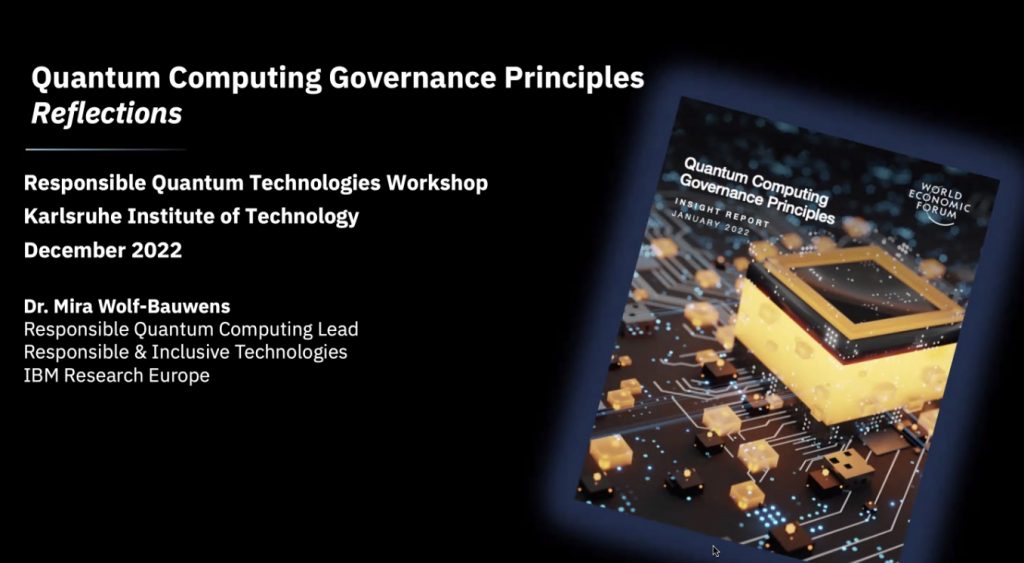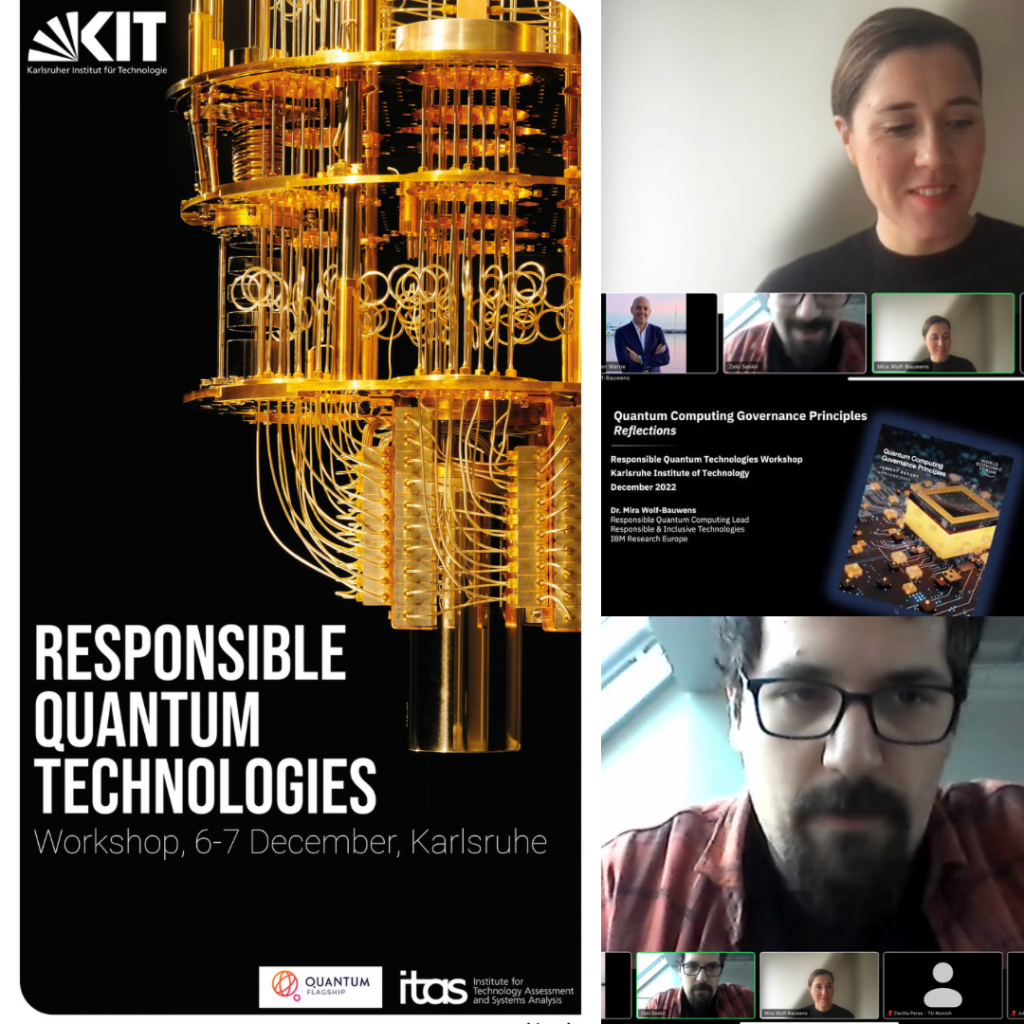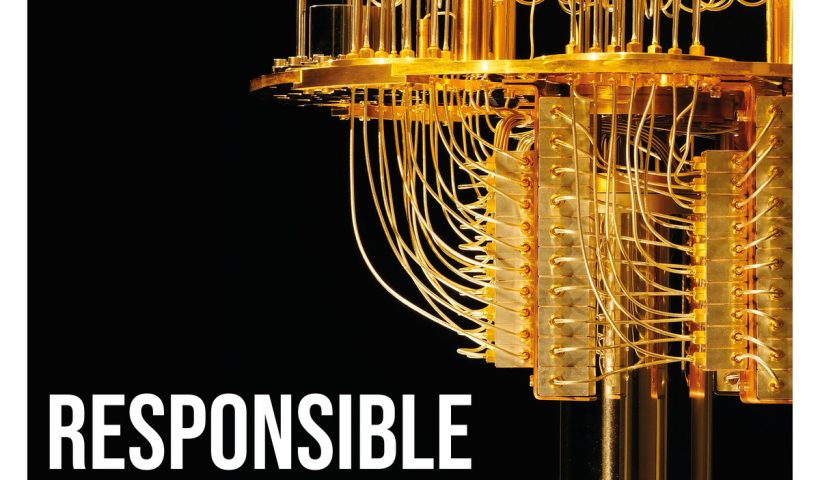It was very inspiring to have the opportunity to participate in the workshop on responsible quantum technologies with some of the world’s most recognised experts in the field. Congratulations and thanks a lot to the organisation committee.
Please find details HERE
The second quantum revolution has been ongoing for more than two decades now and many countries around the globe have noticed the promises of these technologies. Just in the last decade, the number of publicly supported national initiatives grew from zero to more than 15, with globally more than 20 B€ of public investments allocated or planned. Both the number of new publications per year and patents granted on quantum technologies (QT) has also been climbing steadily for the last decade, so has been the number of start-ups being founded and established companies getting into the field. Finally, the field started receiving attention from private funding sources in recent years, which some have been calling the ‘quantum gold rush’. Within two decades, QT became a strong contender for a potential future industry from a topic that was mainly discussed in physics conferences.
All this rapid development triggered a sort of quantum ‘race’, where countries, companies, and institutions compete to become the first to achieve a checkpoint or to be the current best at some quantum benchmark. However, it is also noted by many that the real/transformative effects of QT on society will be in the long run. In this respect, we would like to initiate a discussion on responsibility and introduce QT as a noteworthy emerging topic for technology assessment (TA) studies.
This workshop aimed to be another step towards establishing connections between the QT and TA communities and to introduce some current discussions in the QT community to a new audience. It is organized as a collaboration between the QuTec project under KIT-ITAS, and the QUCATS Coordination and Support Action of the Quantum Flagship program.
The conference program consisted of panels such as:
Panel on Responsible Education and Workforce Development for QT
- Moderator: Araceli Venegas-Gomez (QURECA)
- Panelists: Tatjana Wilk (MCQST), Maria Luisa Chiofalo (University of Pisa), İlke Ercan (TU Delft)
Panel on RRI and Ethics in QT
- Moderator: Pieter Vermaas (TU Delft)
- Panelists: Oxana Mishina (CNR-INO), Carolyn Ten Holter (Oxford), Douglas K. R. Robinson (CNRS), Robert Whitney (Université Grenoble Alpes)
Panel: How to think responsibly on the geopolitics of QT?
- Moderator: Astrid Bötticher (University of Jena)
- Speakers: Pieter Vermaas (TU Delft), Matthias C. Kettemann (IQEL, University of Innsbruck/HIIG), Mira L. Wolf-Bauwens (IBM Research Europe)



